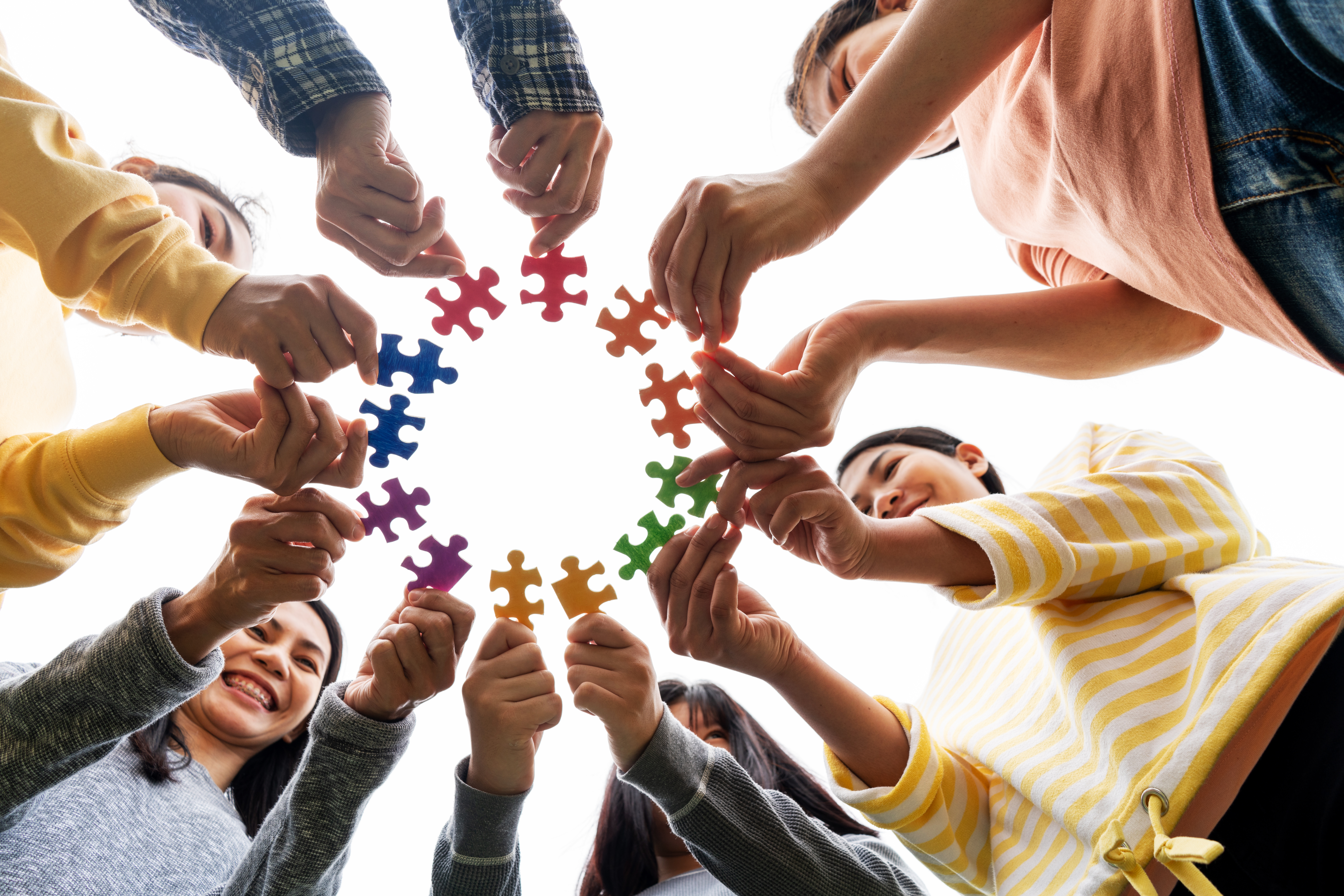Autism, formally known as Autism Spectrum Disorder (ASD), is a complex neurological and developmental condition that affects how individuals interact with the world around them. It influences communication, social interactions, and behaviors, often presenting unique challenges and strengths. A common question people ask is whether autism is considered a disability. The answer depends on the context, as autism can be viewed as a disability, a difference, or even a unique strength depending on the perspective and situation. At PMHC, we aim to provide a nuanced understanding of autism and how it fits within the concept of disability.
Defining Autism
Autism Spectrum Disorder encompasses a wide range of characteristics, making it highly individualized. Some individuals with autism may have significant challenges with communication or daily living skills, while others may excel in areas such as memory, pattern recognition, or artistic expression. This variability is why autism is described as a “spectrum.”
Key characteristics of autism may include:
- Difficulty with social interactions and relationships
- Repetitive behaviors or restricted interests
- Sensory sensitivities (e.g., being highly sensitive to lights or sounds)
- Challenges with verbal and nonverbal communication
Is Autism Legally Considered a Disability?
In legal and medical contexts, autism is recognized as a disability. Under U.S. law, such as the Americans with Disabilities Act (ADA) and the Individuals with Disabilities Education Act (IDEA), autism is classified as a developmental disability.
This classification ensures that individuals with autism are entitled to certain protections and accommodations, such as:
- Access to special education services in schools
- Workplace accommodations to support employment
- Eligibility for government benefits like Social Security Disability Insurance (SSDI)
These protections aim to ensure that individuals with autism can access opportunities and resources that enable them to thrive.
Autism as a Neurodiversity
While autism is legally recognized as a disability, the concept of neurodiversity challenges the notion that autism should solely be viewed through the lens of disability. Neurodiversity emphasizes that neurological differences, such as autism, ADHD, or dyslexia, are natural variations of the human brain rather than deficits.
From this perspective, autism is seen as a difference rather than a disability, focusing on the strengths and unique abilities that often accompany it. For example, individuals with autism may excel in problem-solving, attention to detail, or creative thinking.
This shift in perspective has been instrumental in reducing stigma and promoting acceptance and inclusion.
Challenges of Autism
Despite the strengths often associated with autism, it can also pose significant challenges that impact daily life, particularly in environments not designed to accommodate neurodivergent individuals. For example:
- Sensory sensitivities may make crowded or noisy environments overwhelming.
- Difficulties with social communication can lead to isolation or misunderstandings.
- Executive functioning challenges may impact organization or time management.
These challenges highlight the importance of viewing autism as both a difference and a condition that may require support or accommodations.
How PMHC Supports Individuals with Autism
At PMHC, we recognize that every individual with autism is unique. We provide tailored support to help individuals and their families navigate the complexities of autism, whether it’s through therapy, educational planning, or access to community resources.
By focusing on individual strengths while addressing challenges, we aim to empower those with autism to live fulfilling lives and reach their potential.
Autism is legally considered a disability, but it is also a spectrum of differences that encompass unique strengths and challenges. At PMHC, we are dedicated to supporting individuals with autism through a holistic approach that fosters understanding, inclusion, and empowerment. Whether viewed as a disability or a difference, autism reflects the diversity of human experience and the importance of embracing all forms of neurodiversity.

